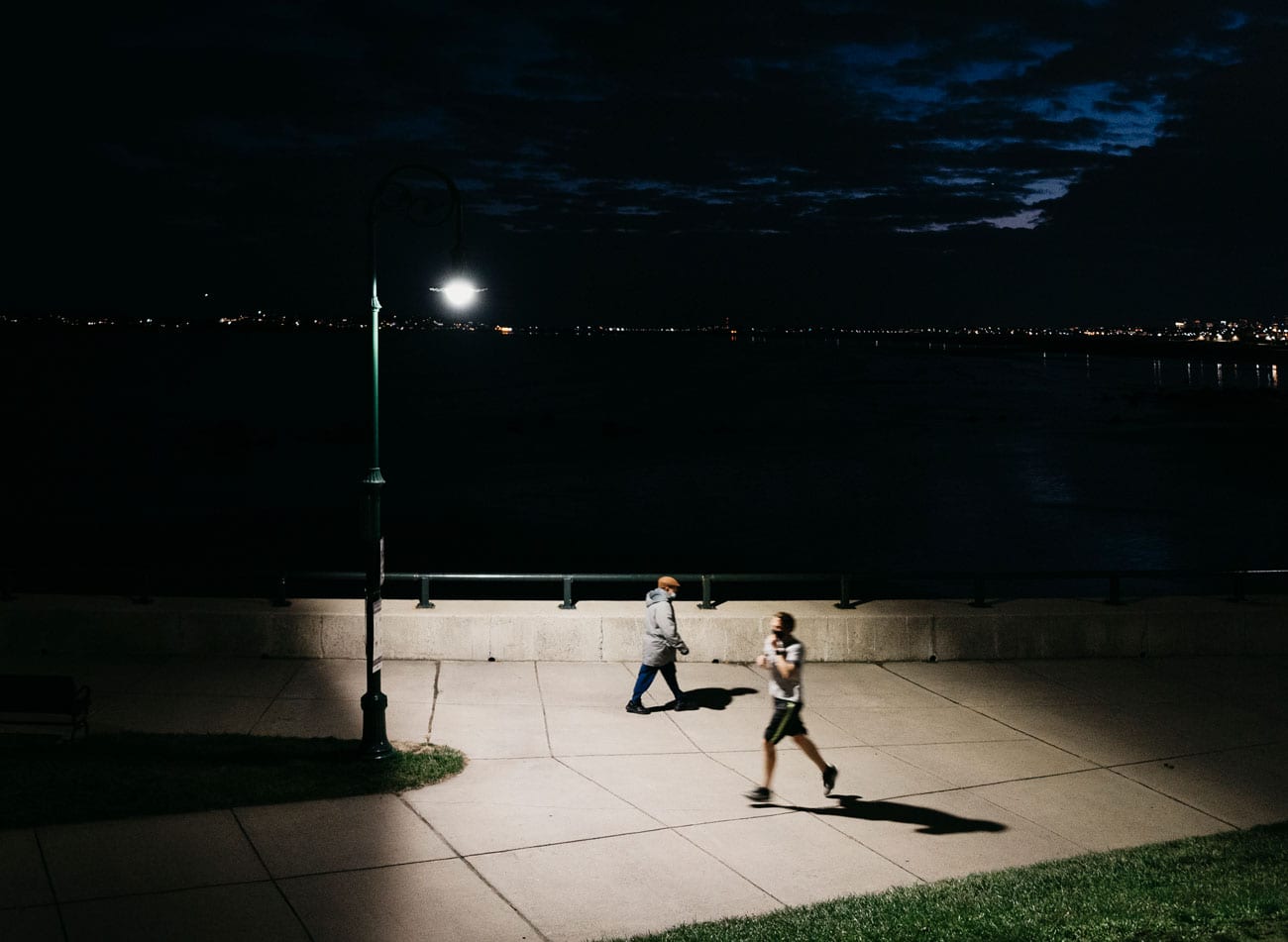As the days grow shorter, the temperature drops, and diagnoses of Seasonal Affective Disorder increase, North Shore mental health advocates worry about populations already struggling from the lingering effects of isolation and stress thanks to the COVID-19 pandemic.
“It’s like our gas tank of connectedness, of physical touch, is really depleted,” said Virginia Leigh, a licensed independent social worker and psychotherapist based in Swampscott. “The empty sign has been flashing for quite a while.”
Leigh, a Lynn resident, said New England can be an especially difficult place to combat seasonal depression thanks to heavy fluctuations in the sun’s presence in the Northeast throughout the year.
“Summer days are much, much longer than even other parts of the country, and then in the winter, our days get drastically shorter. It stands to reason that folks in this area have long struggled with Seasonal Affective Disorder,” she said. “The gloominess that comes from such short days and our tendency to isolate a little bit more often when the weather gets cold can cause a real biological need to connect and feel a sense of belonging and community.”
In response to this lack of sunlight and social interaction, Leigh said it’s common for people to experience increased fatigue, decreased motivation, and sadness during the winter months.
This year, however, thanks to social distancing safety guidelines that have been in place for nearly eight months, mental health experts expect that more people than ever will experience the negative side effects of prolonged isolation.
“This year in particular, more so than in previous years, the level of isolation that has settled on all of us since March hasn’t allowed us to get the full benefits of socializing in the summer, spring, and early fall months that we normally would get,” Leigh said. “In the last week alone I’ve had eight to 10 referrals for therapy.
“Many clients have said they’re struggling to find any therapist who has any room on their caseload.”
She added that all these factors, along with the onset of the holiday season, which can be a difficult time for many, have made for a perfect storm for depression and increased risk factors that come from such a diagnosis.
“It certainly doesn’t surprise me that numbers (of mental health issues) have spiked during COVID,” she said.
Even in a time when the usual social solutions to Seasonal Affective Disorder are less feasible, Leigh said there are still steps those struggling can take to minimize their change in mood.
“There are so many things (we can do),” she said. “Sometimes we take for granted that technology is a way of connecting. Planning out a Facetime hangout or a Zoom happy hour or a virtual family game night can feel a little more intentional than just the back and forth of the messages we might send to one another, which can still be a wonderful way to stay connected.”
For those looking to spend a little time away from the screen, Leigh suggested exercise and increasing time spent outdoors, or even writing letters to loved ones.
However, she encouraged those who continue struggling with depression or anxiety to seek out professional help.
“If you are struggling to function in your daily life as a result of the things you are dealing with emotionally, it is time to reach out,” she said. “Talk to the doctors who work with you or seek support on any of the many online platforms that exist today to find and connect with professionals who are very well aware of where we’re at right now. It can be a grueling task to find a therapist, but it’s worth it.”

